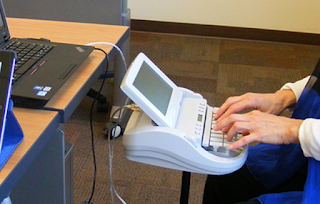In the case of Early Bird Carwash, Inc. v. Piermattei, No. (C.P. Lyc. Co. Sept. 18, 2023 Linhardt, J.), the court granted in part and denied in part discovery motions filed by both parties in a legal malpractice action.
Of note, the court granted the Plaintiffs’ Motion to Reconvene a Deposition after defense counsel was found to have obdurately and acrimoniously interrupted Plaintiffs’ attorney’s initial attempt at a deposition by way of the defense counsel engaging in continual, repeated objections that were found to be meant to obstruct the course of the deposition.
The court noted that a deposition is meant to be a question-and-answer conversation between the deposing attorney and the witness.
With that in mind, the court noted that the deposing lawyer is entitled to pursue a chosen line of questioning without improper interjections by the witness’s attorney.
Judge Linhardt noted that an attorney for the deposition witness should not act as an intermediary by interpreting questions, deciding which questions the witness should answer, and/or by helping the witness to formulate answers.
In this matter, the court found that the attorney for the Defendants repeatedly and continuously interrupted the deposition testimony by interposing objections, instructing the witness not to answer questions, and otherwise providing commentary on the questions presented and the exhibits being utilized.
The court admonished that the defense attorney’s clear intent was to prevent Plaintiffs’ attorney from pursing his line of inquiry and the deposition from taking its natural course.
The court found that the conduct of defense counsel was obdurate but not necessarily acrimonious, and that defense counsel’s conduct ultimately prejudiced the Plaintiffs by repeatedly and unnecessarily interrupting the deposition.
Accordingly, the court directed that the Defendants submit to a repeat deposition. Defense counsel was ordered to bear the cost of the same. The court also ordered the Defendants should present one or more witnesses properly prepared to answer questions on the designated topics. Additionally, counsel for the Defendant was told to keep interjections to a minimum. The court did decline to issue an award of attorney’s fees as a sanction.
In another Order in this decision, the court ordered the Defendant to provide responses to the Plaintiffs’ requests for discovery of an electronic records, or to explain the unavailability of the associated electronic storage media.
Anyone wishing to review a copy of this decision may click this LINK.
Source: “Digest of Recent Opinions.” Pennsylvania Law Weekly (Nov. 21, 2023).




















